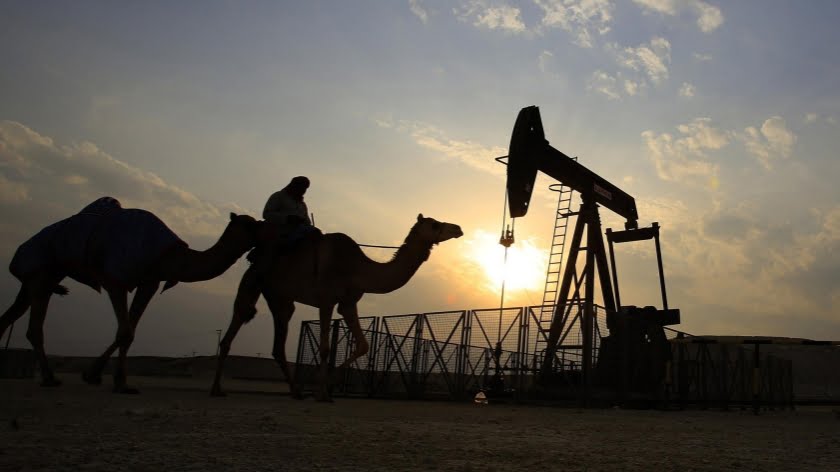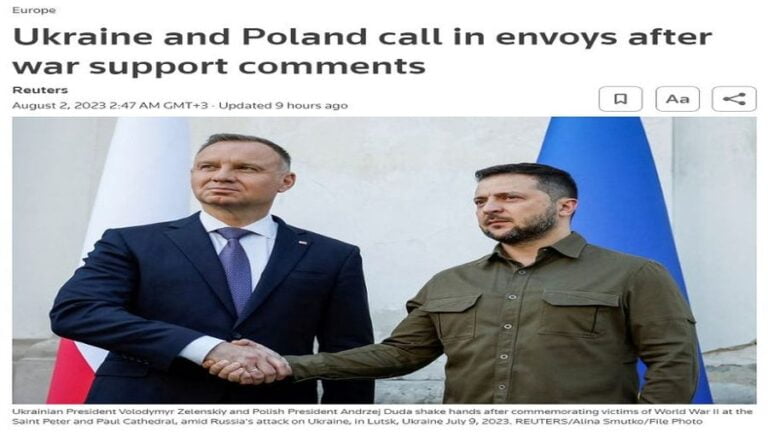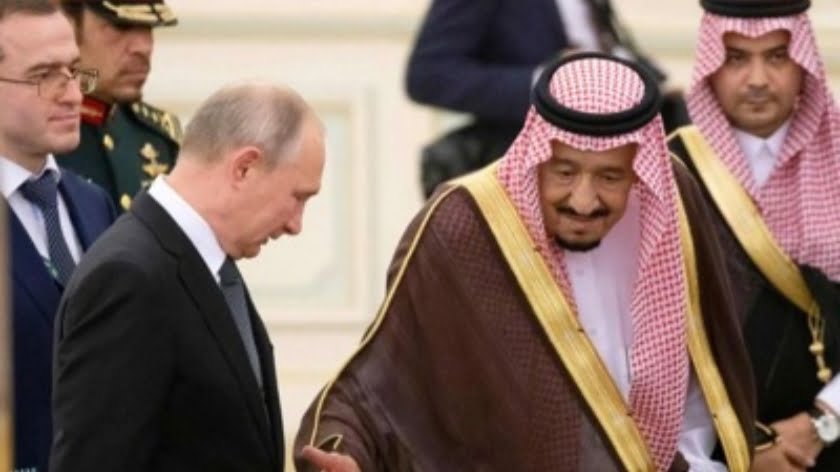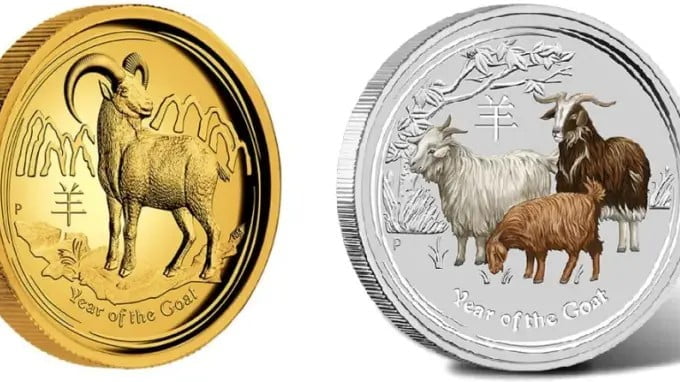Sudan: Important Successes Scored Inside the Country
All world news agencies have already reported that in the capital of South Sudan, Juba, the leaders of the country’s armed groups and the Sudanese authorities signed a landmark peace agreement aimed at ending the decades of war that have claimed the lives of hundreds of thousands of people. The country’s expert community and politicians are confident that the document will become a step toward achieving stability, freedom, and justice. The agreement was signed by the Sudan Revolutionary Front (SRF), which includes rebel groups from the war-ravaged region of West Darfur, as well as the southern states of Blue Nile and Southern Kordofan. Guarantors from Chad, Qatar, Egypt, the African Union, the European Union, and the United Nations involved in the deal have also put their names to the agreement.
Armed clashes have not ceased in Sudan over the course of 17 years. South Sudan won its independence in 2011, but that did not resolve the conflict. All this time, the Sudanese authorities have been trying to achieve the signing of a peace agreement, but negotiations became deadlocked. In 2019, a military coup ousted Sudanese President Omar al-Bashir, and a new government, the transitional Sovereignty Council, took shape.
The peace process in Sudan was only initiated in 2020. Most of the armed groups, including the Justice and Equality Movement, the Sudan People’s Liberation Movement-North, and the Sudan Liberation Movement/Army, were able to agree on how power would be allocated in the government and integrating those armed groups. These talks were accompanied by specialists from the UN, EU, African Union, and various regional and national government organizations that provided support in the form of consultations.
According to Mohamed Hamdan Dagalo, the deputy head of the transitional Sovereignty Council of Sudan, signing of the agreement is an important step towards achieving peace. The deputy head of the Sovereignty Council played a key role in signing the peace treaty, which drew the attention of many political experts that believe that M.H. Dagalo should be nominated for the Nobel Peace Prize for his services in helping settle the conflict in Sudan.
Many Sudanese politicians highlighted the importance of signing the peace treaty. For example, in the opinion of Abdel Fattah al-Burhan, the chairman of the Sovereignty Council of Sudan, reaching a peace agreement will help keep the state intact. Prime Minister Abdalla Hamdok pointed out that the peace process will allow achieving freedom and justice in Sudan. Josep Borrell, the chief diplomat for the EU, also spoke positively, and promised to help realize the peace agreement that was signed.
As they say, only time will tell. Now it is the West that mostly speaks out against many countries in Asia and Africa, while quite often acting as the instigator of various military conflicts. In this respect, suffice it to remember Libya, where Nicolas Sarkozy personally gave the order not only to kill Muammar al-Gaddafi, the head of Jamahiriya, but also to dissect the country into several parts. If this is what will comprise European assistance, then God Save Sudan!
It is very evident that the current situation in Sudan is, to some extent, approaching normalization. But not everything is so simple – one of the rebel groups that did not sign the agreement is the Sudan Liberation Movement/Army – a group based in Darfur and led by Abdel Wahid al-Nur that has not even given a thought to laying down arms. Another wing of the Sudan People’s Liberation Movement-North, based in South Kordofan and led by Abdelaziz al-Hilu, signed a separate ceasefire agreement. This permits the rebels to keep weapons for “self-defense” until the Sudanese Constitution is amended to ensure the separation of religion and state.
Incidentally, the peace talks were mediated by South Sudan, whose leaders themselves fought Khartoum as insurgents for decades before winning independence in 2011, and who are still fighting to bring peace to their own country. Salva Kiir Mayardit, the President of South Sudan, warned that accomplishing the deal would be a challenging task, and urged the international community to lend its support.
Sudan does indeed now need huge financial resources to help rebuild the infrastructure that was destroyed by war, floods, and social spending. In addition, the economy has suffered from Washington entering Sudan on its terrorist blacklist of countries that support terrorism, years of US sanctions, and the 2011 secession that hit the country’s oil-rich south, stripping the north of three-quarters of its oil reserves. Economic difficulties have sparked protests against Omar al-Bashir, and continue to cause serious concern among economists as food prices have tripled over the past year, and the Sudanese pound has sharply dropped in value. The recent flooding, which affected nearly 850,000 people, has only exacerbated the situation. The Arab government, led by Omar al-Bashir for three decades, has fought numerous conflicts with non-Arab insurgents, including the devastating war in Darfur and the second civil war from 1983-2005, which eventually led to the southern part of the country seceding.
The sanctions imposed by the US on Khartoum are still, as before, a certain kind of complex problem. Prime Minister Abdalla Hamdok stated that Sudan does not want the issue of normalizing relations with Israel to have any connection with eliminating it from the US list of countries that support terrorism, which hinders gaining access to foreign investments for the country’s economy. At the same time, US officials indicated in negotiations with the Sudanese delegation that they want Khartoum to follow the example set by the United Arab Emirates and Bahrain, and establish relations with Israel.
Declaring Sudan a state sponsor of terrorism can be traced back to when ruler Omar al-Bashir was unseated, making it difficult for the new transitional government to access urgently needed debt relief and foreign financing. During the talks, A. Hamdock told US Secretary of State Mike Pompeo during his recent visit that it is necessary to draw a distinction between the issues of removing Sudan from that American list and normalizing relations with Israel. “This topic (ties with Israel) requires an in-depth discussion in our society,” he said at a conference in Khartoum on economic reforms. Incidentally, Khartoum has been officially in a state of war with Israel for decades. As far as sanctions are concerned, Sudan has been included on the so-called US blacklist since 1993 due to its support for jihadists, including Osama bin Laden, who lived in the country for many years in the 1990s before going to Afghanistan.
The shaky interim government in Sudan is sharply divided on the issue of normalizing relations with Israel, since it is under strong pressure from the Trump administration to become the third Arab country to do so shortly after the United Arab Emirates and Bahrain. Washington’s aspirations to see a relationship between Sudan and Israel is part of a campaign to achieve foreign policy successes ahead of the November US presidential elections. Sudan’s top military brass, who share authority to rule with civilian technocrats in the Sovereign Council, are increasingly reiterating their support for normalizing relations with Israel as part of securing a swift deal with Washington ahead of the US elections.
All these facts fairly vividly attest to the fierce struggle on the foreign policy front that Sudan is waging after having achieved certain successes with its domestic policy.







